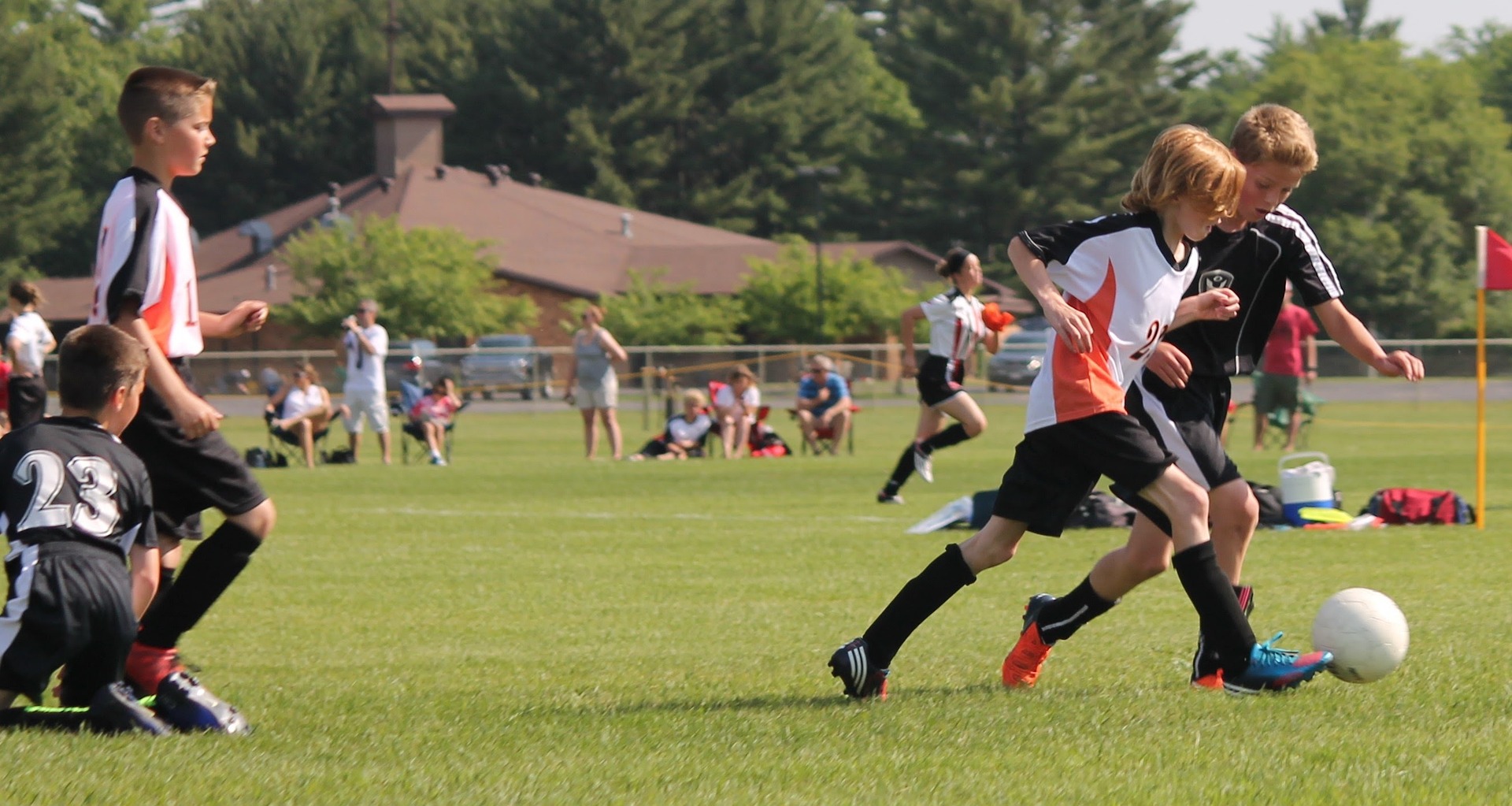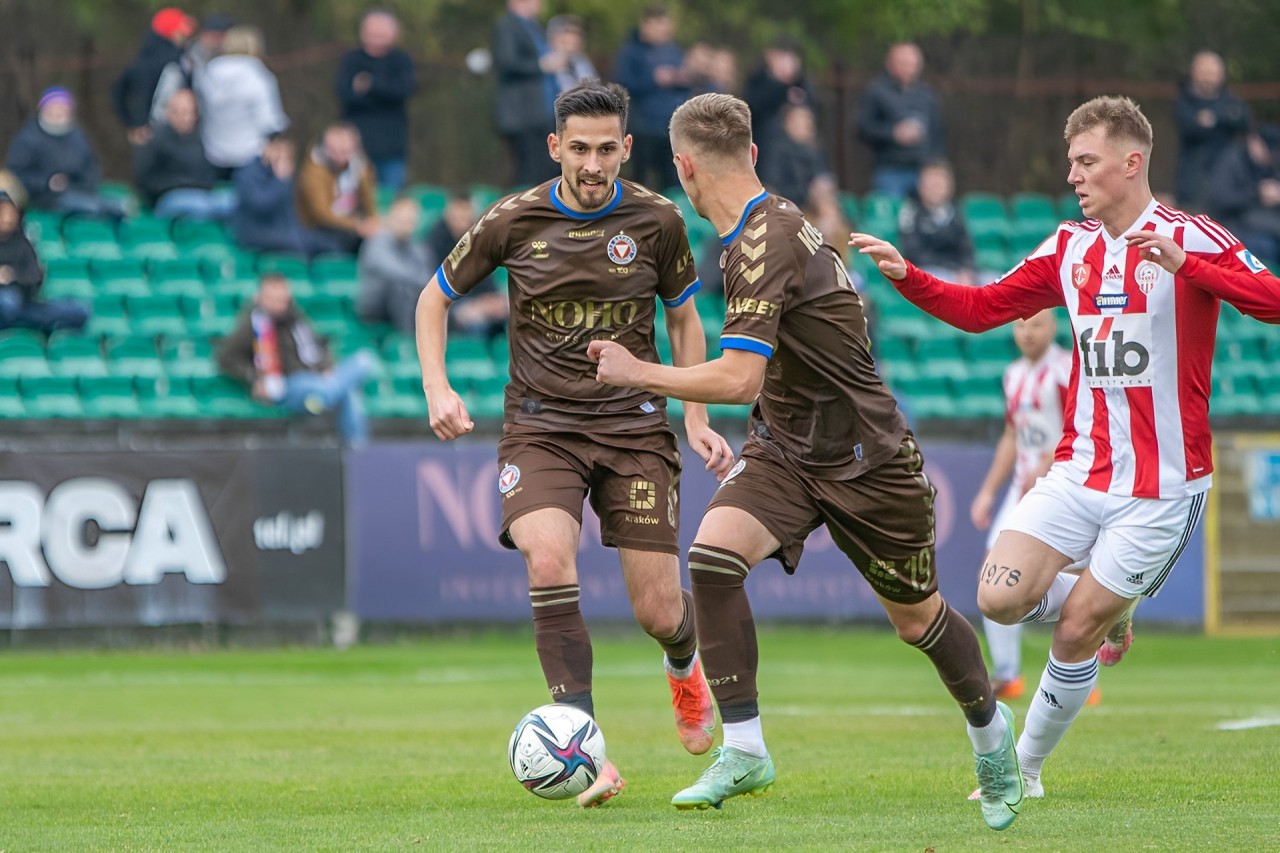Introduction
Football is more than just a game; it’s a way of life for many communities around the world. Local football clubs play a crucial role in fostering connections, developing talent, and bringing people together.
In this blog, we will explore the significance of local football clubs, their impact on communities, and how they create a vibrant football culture that resonates with fans of all ages.
The Role of Local Football Clubs
Local football clubs are often the foundation of grassroots football. They provide a platform for players of all ages and abilities to participate in the sport, whether for fun, fitness, or competition. These clubs are not just about winning matches they focus on building character, teamwork, and community spirit.
For many young athletes joining a local football club is their first introduction to the sport. It allows them to develop their skills learn the rules of the game and make lifelong friendships. The sense of belonging that comes from being part of a team can significantly boost a child’s confidence and self-esteem.

Fostering Community Engagement
Football clubs are at the heart of their communities. They often organize events, fundraisers, and tournaments that bring people together, creating a sense of camaraderie and pride. These clubs become gathering places where families and friends can come together to support their teams.
Many clubs also engage in outreach programs offering training and playing opportunities to underprivileged youth. By providing access to football these clubs help promote inclusivity and ensure that everyone has the chance to participate in the beautiful game. This not only benefits the players but enriches the community as a whole.
Building a Football Culture
The presence of football clubs contributes significantly to the development of a football culture within the community. They help nurture local talent by providing training sessions and coaching often with the help of passionate volunteers.
This grassroots approach is vital for the long-term success of football at higher levels.
Moreover local clubs often compete in regional leagues giving fans the chance to support their teams on match days. The excitement and atmosphere at these matches create unforgettable experiences for supporters helping to foster a lifelong love for the sport.
Challenges Faced by Local Football Clubs
Despite their importance football clubs face numerous challenges. Funding is often limited, and many clubs rely on volunteers to keep their operations running smoothly.
Additionally, competition from larger, professional clubs can make it difficult for local clubs to retain their players and fans.
To thrive, local football clubs must find innovative ways to engage their communities and attract support. This might involve partnerships with local businesses, leveraging social media to promote events, or offering unique experiences for fans.

Conclusion
Local football clubs are more than just teams; they are the lifeblood of their communities. They provide a space for players to develop their skills, foster friendships, and create unforgettable memories.
By supporting local clubs, we are not only promoting the sport of football but also enriching our communities and building connections that last a lifetime.
- For more information on local football clubs, visit the Local Football Association.





1 thought on “Local Football Clubs: The Heartbeat of Community Engagement”